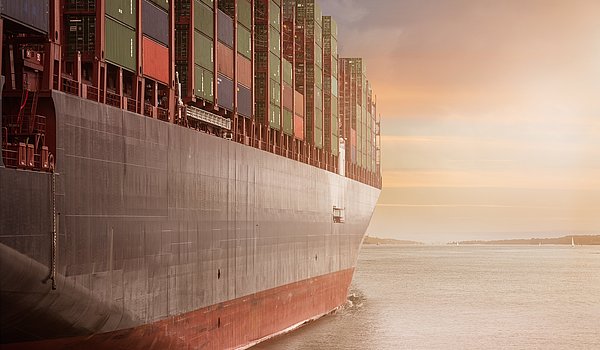Faced with the saturation of local markets, European SMEs are turning more and more to the internationalization of their brand. Exporting, sending goods and/or services to be marketed on foreign markets, is becoming an indispensable commercial operation given the tremendous growth lever it represents. Only French companies remain cautious despite the numerous advantages and benefits.
Exporting allows you to benefit from the economic and financial development of a foreign market. If they are content with the local market, French SMEs risk stagnating their sales and losing their customers to more competitive foreign companies, which in the medium term will tend to slow down their development. On the other hand, opening up to booming markets has the opposite effect. Establishing a presence in a country with exponential demographic growth and strong purchasing power gives companies a new lease on life.
The exporting SME gains in popularity and attractiveness. Not only does exporting introduce the company to a whole new clientele and thus increase its notoriety. In addition, undertaking such an operation gives the SME a more qualitative image. Its presence on foreign markets, its international opening are the guarantee of a certain quality which guarantees the loyalty of its customers and attracts new ones.
The increase in turnover is a considerable gain of the export. Indeed, it is a question of establishing oneself in new dynamic markets with demand allowing de facto to extend one's clientele, to increase one's sales and thus to have better results.
Exporting is a way to intensify the competitiveness of SMEs. To remain competitive, a company must have competitive prices and qualitative products, so it will be attractive and will be able to ensure a stable but consequent turnover. To maintain these two conditions on the long term, the company must have an economy of scale and the best way to obtain this type of economy is to launch into export.
Undertaking an export project is an opportunity for a company to evolve and stimulate innovation. The preparation of an export operation is an opportunity to upgrade all the company's services ensuring a better performance on all its markets. On the other hand, being in contact with foreign markets offers the possibility to the exporting company to develop new commercial strategies to adapt to its new customers, to be influenced by the innovative dynamics of the country or to assimilate new know-how.
When you decide to export, one factor to consider carefully to avoid failure is the choice of the market in which to invest. Indeed, each continent has different advantages for the export of French SMEs.
Europe has a comfortable geographical and legal proximity in addition to the advantages of the European Union (the single market and currency, the absence of customs barriers). It has a great diversity of countries, cultures and distribution channels, so many interesting parameters in the framework of an export operation.
Asia, on the other hand, is a commercial giant with a domestic market of unparalleled size and an important growth rate. Between China, the world's second largest power, and ASEAN, which is increasingly imposing itself on the world economic scene, Asia is an attractive market full of promise.
In North America, Canada is the entry point for the North and South American markets as well as the Asian market. It is a dynamic market, focused on innovation and with favorable conditions for a French company because it is home to a French-speaking community ready to help the latest arrivals. The United States is the world's leading power with more than 360 million consumers, sharing the same currency and the same culture.
South America is emerging as a relevant economic player with a prosperous market, a growing middle class consumer and a strong demand for equipment and infrastructure. Another advantage of this region is its privileged location as a connected zone opening doors to North American, Asian and Pacific markets.
Finally, exporting to Africa is particularly fruitful. Africa represents "the growth of tomorrow", the continent is in full demographic and economic expansion which makes it a region not to be missed for any company looking for a foreign market in which to invest. The African continent is in transition, so it has many needs, which ensures on the one hand the existence of a demand for goods and / or services that a French SME could offer. And on the other hand, promises a faster return on investment than in other continents. Whether in West Africa, East Africa, Central Africa or in the African islands of the Indian Ocean, the continent is full of business opportunities. Moreover, a large part of this continent is French-speaking, which facilitates exports.
What export assistance is available to French companies?
The main argument justifying the reluctance of French SMEs to launch themselves into exports is the lack of funds for the initial investment and the risks that such an operation can present when one does not know the terrain well.
Nevertheless, there are different types of exemptions, subsidies or other programs in France to facilitate and even enhance the international opening of SMEs. The BPI in particular offers financial aid. Similarly, some companies offer complete support, from the formulation of the project to the actual marketing of goods and/or services in international markets. This allows interested companies to be aware of the rules of exporting and to benefit from a good network that guarantees the success of the project.
